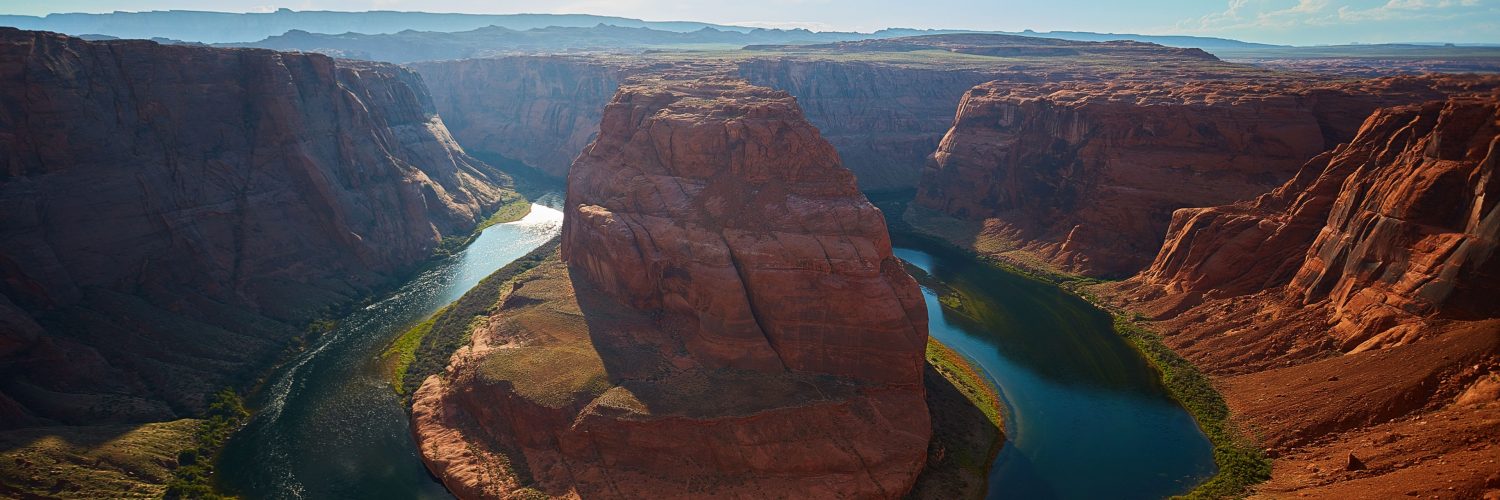A bill to remove an outdated “use it or lose it” policy in state water law is sailing through both houses at the Legislature, a sign that progress is inching forward as Arizona prepares for a drier future.
Meanwhile, a slate of other measures to address dwindling water supplies is seeing little traction.
One bill that is receiving strong support from state lawmakers is HB 2675. The measure would repair a quirk in current law that acts as a “disincentive” to conserve water, proponents said.
Current state forfeiture law provides that a water right may be lost after five years of non-use.
That has done little to encourage water holders to conserve supplies, said Nicole González Patterson, Arizona policy director for Business for Water Stewardship, a group that helps businesses advance water measures that sustain the environment and the economy.
“That has been really problematic in our state because it makes people afraid to engage in programs and practices to conserve water — you either use it or you lose it policy,” she said.
Bill removes barrier to water conservation
HB 2675 removes that barrier by making it clear that conservation efforts will not result in the loss of water rights, González Patterson said.
Under the amendment, a water right holder can file a Water Conservation Plan with the Arizona Department of Water Resources (ADWR). Upon filing a plan, the holder’s water rights would be shielded from a claim of abandonment or forfeiture.
“Our position is that 2675 will help remove those harmful disincentives and encourage water users to implement practices to conserve water,” González Patterson said.
“It allows a water right holder to file a Water Conservation Plan with the state and not have to worry about losing it due to an antiquated policy.”
Other water bills stagnant
Other water protection measures have remained stagnant as some water interests throughout the state express their opposition.
Measures to require a closer scientific look at groundwater supplies in the rural parts of the state through metering of wells remain at a standstill. Among them is a proposal to give the director of the ADWR the ability to study the impact of future groundwater pumping to determine if irrigation non-expansion areas, or INAs, should be formed to limit irrigation in areas where supplies are disappearing.
Another bill seeing little action would allow county supervisors to form rural management areas, called RMAs, to have more say over pumping in high risk areas.
Non-controversial measures are advancing
A few other, less controversial bills, that are moving forward with support in both houses include:
- A water protection bill that provides $1 million from the state’s general fund for the development and implementation of measures to protect water quantity and quality; maintain, enhance and restore rivers and streams and associated riparian habitats; and to increase water availability.
- New funding to speed up water rights cases. This measure would provide $500,000 for the University of Arizona to establish a law clinic to provide pro bono assistance to low-income claimants in decades-long adjudications over water rights to river systems.
- A bill to extend the life of the state’s water regulating agency, the Arizona Department of Water Resources (ADWR), another eight years until 2028. The agency has various responsibilities related to groundwater regulation, surface water rights and state-wide water planning, dam safety and flood warning, and providing support to other entities.
Groundwater contamination cleanup
Another water protection effort supported by business advocacy groups including the Arizona Chamber of Commerce and Industry is a proposal to provide $15 million through corporate income tax and other funds for the state’s Superfund program, called the Water Quality Assurance Revolving Fund (WQARF).
Created under the Environmental Quality Act of 1986, the WQARF program supports the Arizona Department of Environmental Quality in identifying, prioritizing and cleaning up the most contaminated soil and groundwater sites in the state. The program oversees privately funded cleanups as well.
Proponents say full funding is necessary so the state can pay for portions of cleanups where no single financially responsible party can be identified.
















Add comment